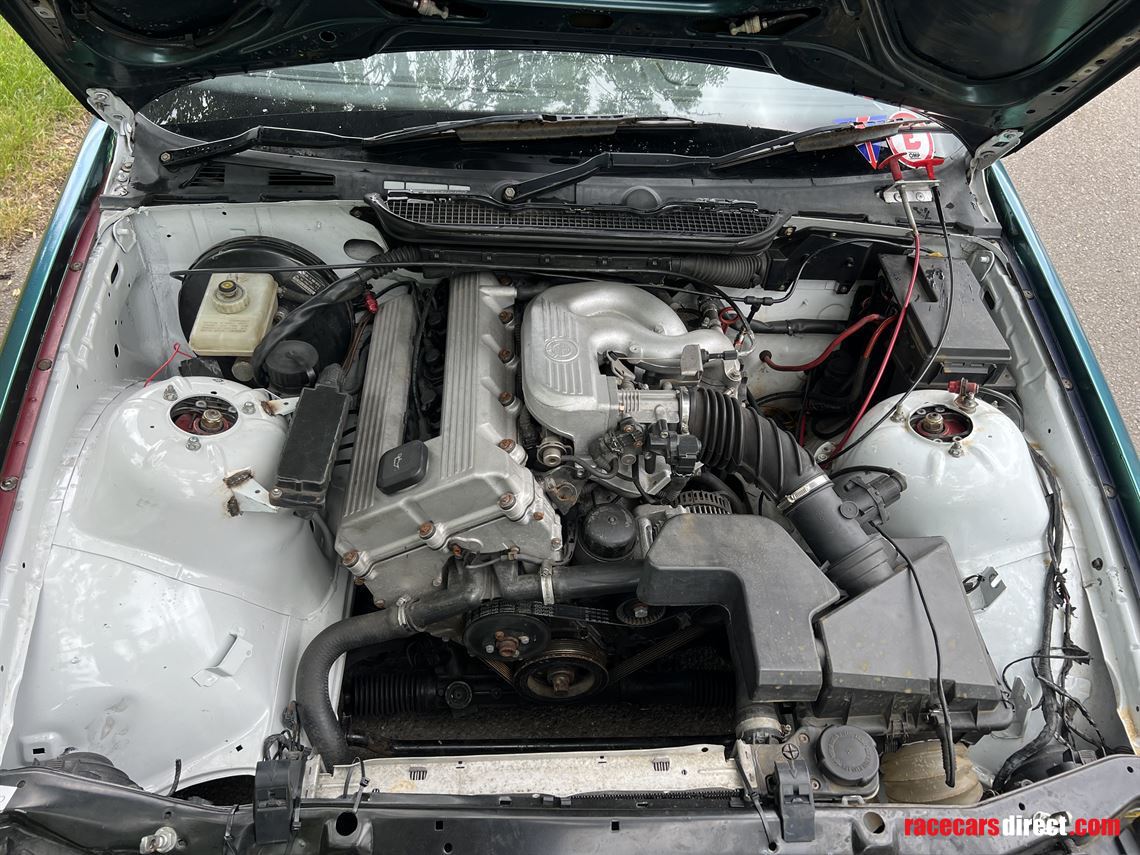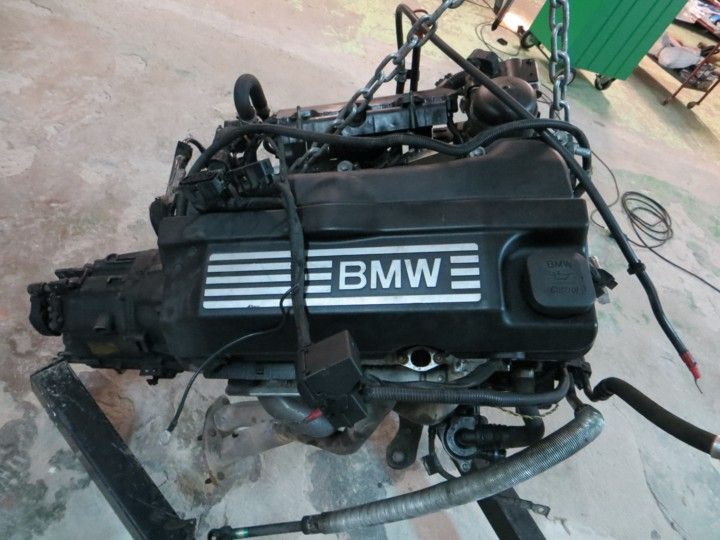Why the BMW 318ti Is a Leading Choice for Auto Lovers
Why the BMW 318ti Is a Leading Choice for Auto Lovers
Blog Article
Secret Features to Look for When Investing In an Engine for Automotive Applications
When taking into consideration the purchase of an engine for vehicle applications, a number of crucial attributes warrant careful evaluation to make sure optimum performance and capability. From power and efficiency capacities to sustain effectiveness, adherence, and longevity to emissions standards, each facet plays an important function in determining the engine's viability for certain automotive demands. Cost-effectiveness stays an essential factor in the decision-making procedure, balancing high quality with monetary factors to consider. These attributes collectively add to the general performance and reliability of the engine, affecting the driving experience and lasting complete satisfaction of the customer.
Power and Performance
When picking an auto engine, buyers prioritize power and performance to ensure optimal driving experience and effectiveness. A well-performing engine not just provides power effectively but additionally runs efficiently across different rate arrays and driving conditions.
Additionally, factors such as engine variation, turbocharging, and crossbreed technologies play significant roles in enhancing both power and performance levels. Eventually, choosing an engine that supplies a powerful mix of power and efficiency makes sure a effective and gratifying driving experience.
Fuel Performance
Maximizing fuel performance is an extremely important consideration for customers when reviewing auto engine choices. Modern engines with features like direct gas injection, turbocharging, and variable shutoff timing can dramatically enhance fuel efficiency by improving combustion processes and minimizing power loss.

Durability and Integrity
Attaining lasting performance and reputable operation is important for consumers evaluating the durability and integrity of automotive engines. When taking into consideration an engine for vehicle applications, longevity refers to the engine's ability to hold up against wear, stress, and severe operating problems over a prolonged duration. Reliability, on the other hand, indicates that the engine can consistently execute its designated function without unforeseen break downs or failings.
Customers ought to try to find engines created with high-quality products and accurate engineering to make certain durability. Parts such as pistons, bearings, and crankshafts need to be durable to deal with the engine's power outcome without premature wear. Furthermore, engines geared up with innovative cooling systems, reliable lubrication, and robust filtering mechanisms often tend to exhibit higher levels of dependability.
Routine maintenance and adherence to manufacturer suggestions are additionally vital elements in maintaining an engine's longevity and integrity. By complying with upkeep timetables, using suggested liquids, and attending to any kind of issues quickly, consumers can maximize the life expectancy and efficiency of their automotive engines. Ultimately, prioritizing toughness and integrity in engine option can cause a much more gratifying possession experience with less unforeseen disturbances.
Exhausts Compliance
Making certain conformity a knockout post with emissions regulations is a crucial element of examining automotive engines for ecologically mindful customers. With enhancing problems regarding air high quality and ecological effect, rigorous discharges standards have been placed in location globally to reduce harmful contaminants launched into the ambience. When purchasing an engine for vehicle applications, it is important to consider its emissions conformity to reduce the carbon footprint and stick to legal requirements.
Modern engines are outfitted with advanced discharge control modern technologies such as catalytic converters, exhaust gas recirculation (EGR) systems, and discerning catalytic decrease (SCR) to lower dangerous exhaust gases like nitrogen oxides (NOx), carbon monoxide gas (CARBON MONOXIDE), and hydrocarbons (HC) These systems play an important role in making sure that the engine meets the defined discharges criteria and operates within allowable limitations.

Cost-effectiveness
When considering vehicle engine purchases, evaluating cost-effectiveness is vital for consumers looking for both efficiency and value. It encompasses the general expenditures related to upkeep, fuel consumption, and prospective repairs over the engine's lifespan.
Engines that are created to maximize gas economic climate can lead to substantial financial savings over time, especially for people who drive regularly or over long ranges. bmw 318ti. Furthermore, taking into consideration the accessibility and cost of spare parts and servicing can add to the overall cost-effectiveness of an engine.

Verdict
Finally, when acquiring an engine for automobile applications, it is crucial to consider key attributes such as power and efficiency, gas integrity, effectiveness and toughness, discharges conformity, and cost-effectiveness. These factors are essential in ensuring that the engine meets the requirements of the lorry and runs effectively in numerous driving conditions - bmw 318ti. Making an educated decision based upon these criteria will inevitably lead to a successful and efficient automobile engine acquisition
From power and performance capacities to fuel adherence, performance, and sturdiness to emissions requirements, each aspect plays an essential duty in figuring out the engine's suitability for certain automobile requirements. Engines made to run on different gas such as electrical power, crossbreed systems, or biofuels can offer improved gas economic situation and lower emissions contrasted to conventional gas or diesel engines. Consumers should very carefully think about the fuel effectiveness ratings and technologies integrated into vehicle engines to make informed acquiring choices that line up with their priorities for price financial savings and sustainability.
When considering an engine for automobile applications, sturdiness refers to the engine's capacity to hold up against wear, tension, and rough operating conditions over an extensive duration.In conclusion, when purchasing this content an engine for automobile applications, it is essential to consider crucial functions such as power and performance, gas toughness, reliability and efficiency, exhausts conformity, and cost-effectiveness.
Report this page